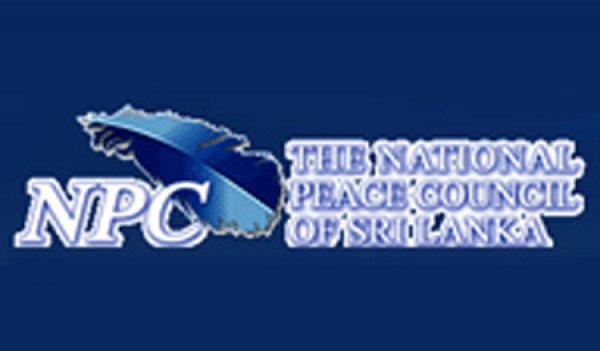In a statement, the NPC says the government has already ensured there would be a public consultation process by appointing a Public Representations Committee on Constitutional Reforms. The National Peace Council submitted its proposals to this committee after wide ranging discussions with religious leaders, community-based organisations, women’s organisations, government officials and civil society leaders from several districts around the country.
When Parliament converted into a Constitutional Assembly for the first time a week ago on April 5 it was with the aim of enacting a new constitution. Accordingly, 7 deputy chairpersons and 21 steering committee members were elected by the Constitutional Assembly. However it is disappointing that only one of them, a deputy chairperson, is a woman. Not one of its 21 members of the steering committee which is responsible for coming up with the draft constitution is a woman. The Prime Minister informed Parliament that appointments for sub committees will be carried out after receiving the report from the Committee on Constitutional Reforms Public Representation before end April. No objections were raised by the joint opposition when appointing members for the Constitutional Assembly.
While there is a recognition in Sri Lanka today that a peaceful and just society requires multi ethnic and multi religious representation in decision making, there is still no recognition that men cannot, and should not, seek to represent the interests of the entirety of society, when more than half of the population of Sri Lanka are women. Women have different priorities to men, and men and women together comprise a good society. The politically advanced societies with the highest quality of life, such as found in Northern Europe, have close to 50 percent representation of women in political decision making. Those countries have seen their government policies and priorities change with the increase in the number of women who are decision makers.
The exclusion of women from decision making in Sri Lanka at the highest levels through what appears to be a bi-partisan consensus in the Constitutional Assembly is not a positive sign for a transformation of the polity or its governance. It comes at a time when the government has ensured a 25 percent quota for women in local government through a reserved list for women who will be elected outside of the open list of candidates which will entail a 25 percent increase in the number of local government members. However, the government has also stated that no similar quota will be provided at the parliamentary level and that the expectation is that increased women’s representation in higher levels of governance will take place through the upward mobility of women from the local level.
The National Peace Council sees the need for civil society to encourage more and more women with qualifications to come forward for public life. We also see a need for the government to use, as a living and active policy, every opportunity for affirmative action in favour of women, such as in the constitutional reform process and the Constitutional Assembly. In Sri Lanka it is necessary that public pressure ensures that higher levels of representation of women in governance, reaching to 50 percent, include the Constitutional Assembly and the sub committees it sets up.






